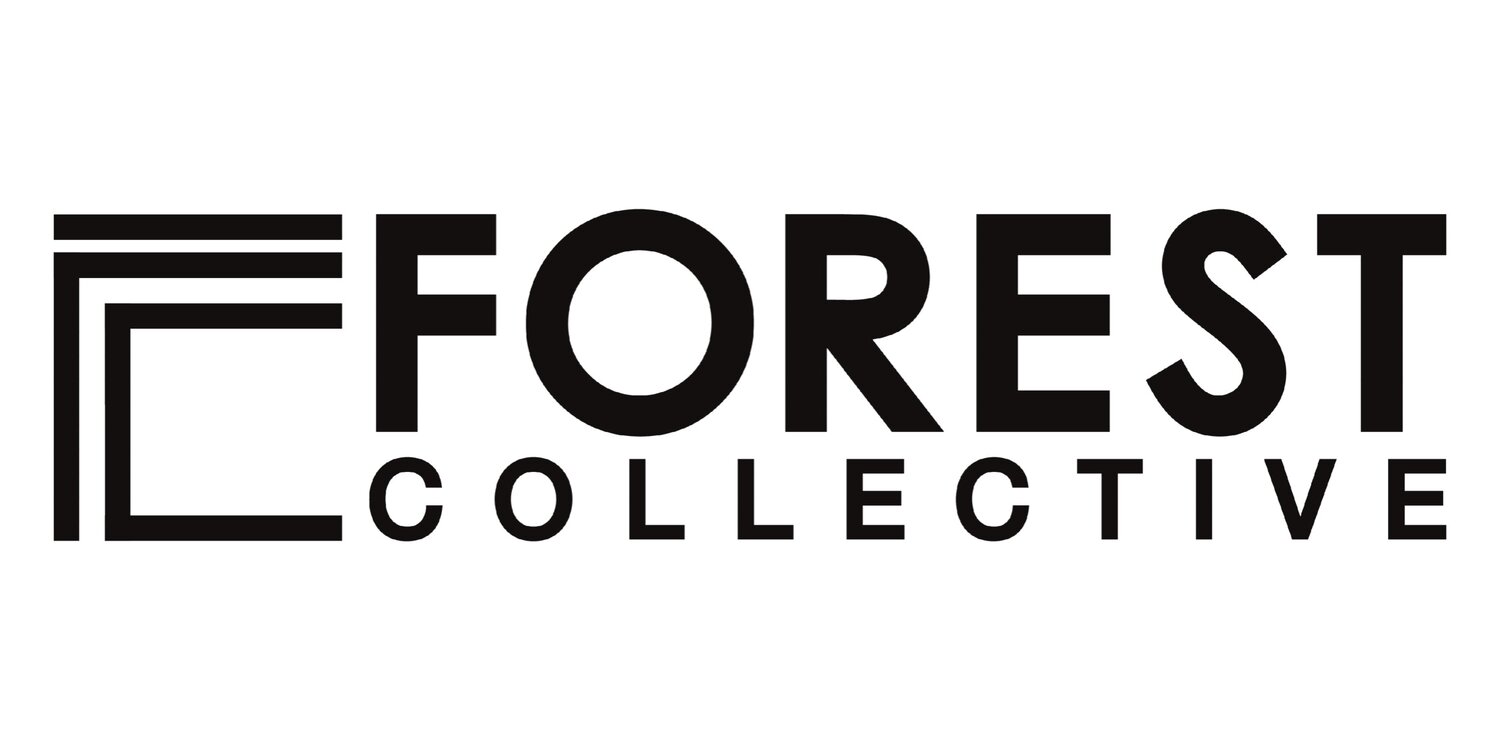Interview with Miriam Gordon-Stewart
As we begin rehearsals for our new production of Fat Pig, I sat down with the librettis of this work, Miriam Gordon-Stewart to talk about the piece, her journey to crafting the libretto from the Neil LaBute play and her journey as a singer performing on the top opera stages of the world to creating chamber opera.
Tell us about your new opera Fat Pig. How was the show developed, and who were the creatives behind this incredible work? How did you come to work together?
Brenda Patterson, Victory Hall Opera’s Director of Music, came up with the idea of turning Neil LaBute’s play into an opera. We were looking around for small scale, chamber-size plays, and this one struck a chord with both she and I as a work that would be truly relevant to opera singers, and to women universally. We wanted to commission Matt Boehler for his first full-length opera having previously commissioned him for a full song cycle, Marginalia. Matt is a member of our performing Troupe at VHO, and part of our mission is to support singers in exploring other roles in the life cycle of opera, from composing to arranging, directing, designing, conducting etc. At the time, Matt had just completed his studies in Composition from San Francisco Conservatory, so this seemed like a great time to bring a commission to life.
How did you discover the original Neil LaBute play, and what inspired you to transform it into an opera? Why is a work such as this important for the current moment?
LaBute’s play cast a really direct gaze at the ways in which misogyny permeates society. When developing work, VHO always starts with the cast and builds outwards. What will serve our troupe? What do they bring to the table in terms of individual areas of experience and skill, and how can we help provide an environment for them to express their whole selves as creative artists? Tracy Cox became central to this production before the libretto was even written. We wanted to incorporate all of the deep research, writing, speaking and lived experience that she brought to the role, centering Fat Liberation. With Neil LaBute’s full support, I repositioned the female characters in the opera,Helen and Jeannie, going more deeply into their perspectives and the origins of their (very different) ways of navigating societal judgement.
Tell us about the work of Victory Hall Opera and how you came to found this company.
I co-founded VHO in 2015, having lived and worked as a soprano internationally for almost 20 years. Both Brenda and I longed to create our own projects, bringing casts together and exploring a new model for opera that would place singers more centrally in the creative process. We also wanted a change of lifestyle: to have a dog! a garden! a place in a community! Ten years in, VHO has produced new operas, plays, artworks, documentary films and hybrid works. Together with our troupe, (many of whom have been with us for the whole ten years), we have developed a new rehearsal methodology for opera called Motif, which we now use in all our productions. We also commissioned a modular set, called the Ready.Set, which is an abstract, reconfigurable, easily stored and toured, affordable and recyclable set that is also central to our work. In this way, VHO has formed a style or work, and a model of creation that is unique and distinctive.
Tell us about your journey from singing on the world's great opera stages to becoming a director/librettist/artistic director.
I think I will always identify as a singer, even though most of my work is now directing and producing. Being a singer is an identity. It affects the way I do everything else: it sets up my priorities and even though I now have valuable experience of being on “the other side of the table”, I still identify with the performers…even when I am directing them. When I make films, I am trying to give audiences an experience of being an artist that is from the artist perspective. So these other jobs that I now embrace are all an extension of my life’s calling as a singer, and of the vast knowledge I have of opera from the singer perspective. We aren’t necessarily used to seeing singers as having anything else to offer, but my work over these past ten years has been fuelled by a determination to change that.
Miriam Gordon-Stewart as Sieglinde in Die Walküre, Opera Australia
What are your thoughts about seeing your piece, Fat Pig receive a home country premiere in Melbourne this June?
It’s so rare that Australians get to see my work these days! (Apart from my films, which is really nice.) Melbourne was my home for ten years before I left Australia, so I love thinking about the leap that has happened between performing Sieglinde in Opera Australia's Ring Cycle in 2013, to now directing, writing, producing, filmmaking (and still singing). It would have been unimaginable to me earlier in life, but it really is possible for things to change!
What other creative work do you have coming up at the moment?
My next documentary, YAPs will premiere in Charlottesville on May 31st, and will be released online soon after that. The film follows 5 young (Gen Z) opera singers through a year of their lives as they prepare, audition, work multiple jobs and try every way they know how to break into the incredibly competitive American opera industry. Their perspectives are all different, but they share a desire for things to change. I can’t wait to share this film- it’s by far my most ambitious film project so far, and I hope it starts some necessary conversations.
Fat Pig plays for a limited season of performances 5 - 8 June at fortyfivedownstairs, presented in collaboration with BK Opera.


